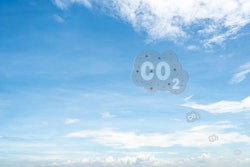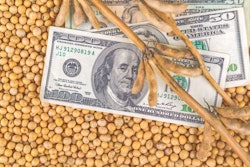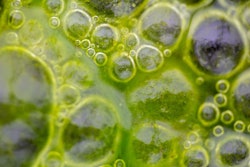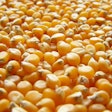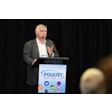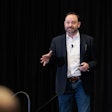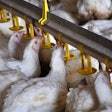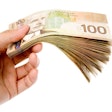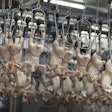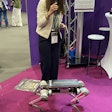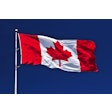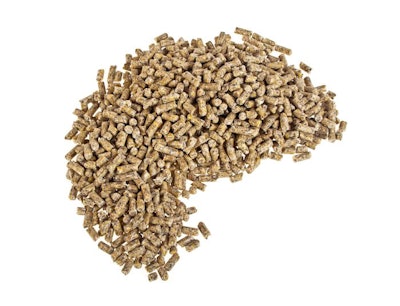
The Netherlands’ nitrogen crisis has created a tense relationship between the government and the country’s farmers.
At a time of widespread global inflation, no industry is safe.
But despite higher cost of goods, some companies can still come out on top.
Netherlands-based feed company ForFarmers achieved higher than expected profits by the end of the second quarter – with a gross profit of €257.3 million. “This is a great achievement by the team amid challenging market conditions due to the war in Ukraine and the consequential further increase in raw material and energy prices. Our total volumes fell, mainly due to a decline in the pig sector in Netherlands/Belgium and the United Kingdom, whereas poultry volumes in Poland grew,” said ForFarmers CEO Chris Deen. “The cost increases could only be passed on in the chain in the course of the second quarter.”
Nitrogen crisis
The Netherlands is the second largest agricultural exporter in the world which has led to high levels of nitrogen pollution. To help mitigate the country’s impact on the environment and to comply with 2018 European Court of Justice rulings, the government decided to reduce livestock by 30%. Dutch farmers have conducted multiple protests since the decision was made.
“In the Netherlands, the approach taken in handling the nitrogen crisis is leading to a polarised public debate as well as widespread unrest among livestock farmers. We call on politicians to be more open to a meeting in which everything is open for discussion,” said Deen. “Cooperation and innovation are more effective and better than just restructuring.”
And the list of international crises does not seem to end with Deen hesitant to make any forward-looking statements. “Looking ahead, there are still many uncertainties at present, especially due to the war in Ukraine,” said Deen. “In addition, we need to consider a possible new Covid wave and the low water levels in the rivers in the Netherlands.”


